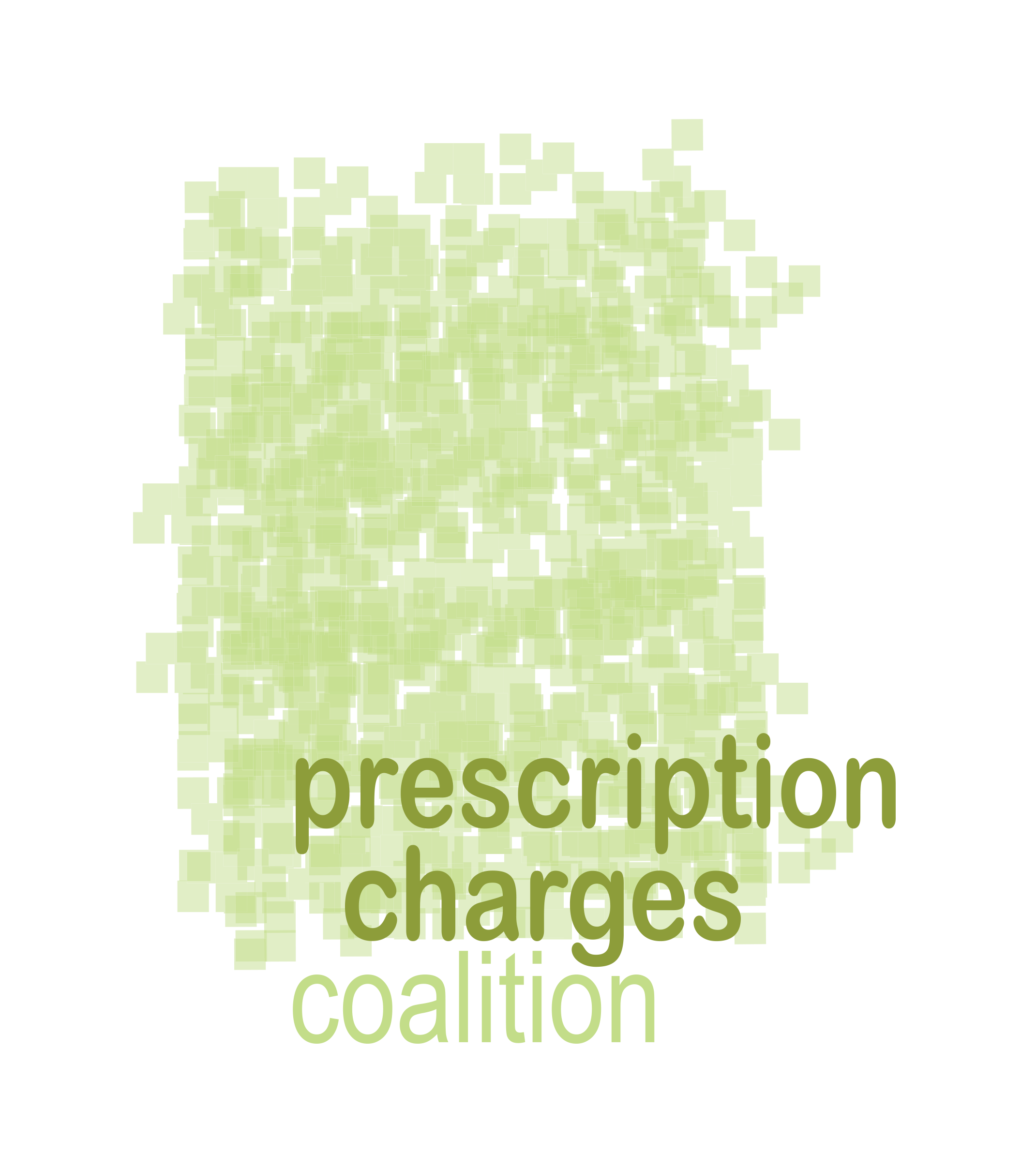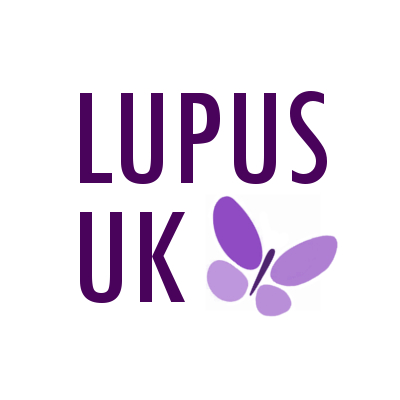Prescription Charges
From 1st May 2024 prescription charges in England are £9.90 per item, whilst they are free in Scotland, Wales and Northern Ireland. AM I ENTITLED TO FREE PRESCRIPTIONS BECAUSE OF LUPUS?
Medical exemption certificates are available for a number of listed medical conditions. The list of medical exemptions was set in 1968 and has remained largely unchanged since. Lupus is not currently included in the list of medical exemptions, though some people with lupus may still be entitled to free prescriptions due to their circumstances or an overlapping condition.
You can get free NHS prescriptions in England if, at the time the prescription is dispensed, you:
• Are 60 or over
• Are under 16
• Are 16-18 and in full-time education
• Are pregnant or have had a baby in the previous 12 months and have a valid maternity exemption certificate
• Have a specified medical condition and have a valid medical exemption certificate
• Have a continuing physical disability that prevents you from going out without help from another person and have a valid medical exemption certificate
• Hold a valid war pension exemption certificate and the prescription is for your accepted disability
• Are an NHS inpatient
Medical exemption certificates are issued on application to people who have:
• A permanent fistula (for example caecostomy, colostomy, laryngostomy or ileostomy) requiring continuous surgical dressing or requiring an appliance
• A form of hypoadrenalism (for example Addison’s disease) for which specific substitution therapy is essential
• Diabetes insipidus or other forms of hypopituitarism
• Diabetes mellitus, except where treatment is by diet alone
• Hypoparathyroidism (blood deficiency which can cause muscle spasms)
• Myasthenia gravis (abnormal weakness of certain muscles)
• Myxoedema (that is, hypothyroidism requiring thyroid hormone replacement)
• Epilepsy requiring continuous anticonvulsive therapy
• A continuing physical disability which means the person cannot go out without the help of another person. Temporary disabilities do not count even if they last for several months
• Or are undergoing treatment for cancer: including the effects of cancer, or the effects of current or previous cancer treatment

Some lupus patients may qualify for medical exemption if they have developed Hypoadrenalism as a result of long term steroid treatment. In order to check whether the adrenal glands have been suppressed, a ‘Short Synacthen Test’ may be required.

In order for the ‘Short Synacthen Test’ to be carried out the patient, if taking steroids, dependent on type (i.e. Prednisolone, on a dose above 5-10mg) would need to stop taking this medication for around two weeks then have a blood test, followed by an injection of ACTH, then a further blood test. This procedure may involve admission to hospital.
In some cases consultants/GPs may agree to sign the Prescription Exemption Form without conducting the ‘Short Synacthen Test’ if they are already sure that long-term steroid therapy will have prevented the patient’s adrenal glands from functioning as they should.
CAN I GET ANY HELP WITH MY PRESCRIPTION CHARGES?
If you do not meet any of the exemption criteria listed above, there are some additional cost-saving measures available;
Prescription Prepayment Certificates (PPCs)
PPCs are a method of saving money for people living in England if they need more than 12 prescribed medicines each year or more than three prescribed medicines in three months. The charge for a single prescribed medicine is currently £9.90, whereas a three-month PPC will currently cost you £32.05 and a 12-month PPC £114.50.
What will a PPC cover me for?
Your PPC will cover you for all of the NHS prescriptions you need during the period of your PPC, no matter how many you need.
How much can I save?
Number of prescribed medicines you need each month
2
3
4
Saving with a 12-month PPC
£123 a year
More than £241 a year
More than £360 a year
Saving with a three-month PPC
More than £27 in 3 months
More than £57 in 3 months
More than £86 in 3 months
How do I apply for a PPC?
You can apply for a PPC online HERE
To learn more about the other ways you can apply, please click HERE
Will my PPC start straight away?
Your PPC will start from the date they receive your application unless you ask for a different start date. This can be up to one month earlier or later than the date they receive it.
If you have to pay a prescription charge while you are waiting for your PPC, you may get a refund as long as you have an FP57 receipt and refund claim form and your PPC is valid on the date you pay. The pharmacist or dispensing doctor can only issue an FP57 at the time you pay the prescription charge – they cannot issue you one later. You can claim the prescription charge(s) back up to three months after paying. The FP57 tells you what to do – but remember the PPC itself can only be backdated by one month.
NHS Low Income Scheme (LIS)
If you are on a low income you may be eligible to receive financial help through the NHS Low Income Scheme. The scheme covers:
• Prescription costs
• Dental costs
• Eye care costs
• Healthcare travel costs
• Wigs and fabric supports
You can apply for the scheme as long as your savings, investments or property (not counting the place where you live) don’t exceed the capital limit. In England, the limit is:
– £23,250 for people who live permanently in a care home
– £16,000 for everyone else
Any help you’re entitled to is also available to your partner and any dependent young people. For more information about requirements visit NHS: help with health costs.
How do I apply for the LIS?
To apply for an HC2 certificate, you should complete form HC1, which you can order online HERE.

JOIN THE CAMPAIGN AGAINST UNFAIR PRESCRIPTION CHARGES
LUPUS UK is a member of the Prescription Charges Coalition, a group of over 40 organisations campaigning to end unfair prescription charges for people with long-term medical conditions.
Over the last decade, research by the Prescription Charges Coalition, Citizens Advice, Asthma UK, Rethink Mental Illness and Parkinson’s UK, among others, has demonstrated time and again the impact of prescription charges on people with long term conditions. The research, surveying thousands of people with long-term conditions, demonstrates that prescription charges are a major barrier to people taking their medicines effectively, leading them to severely compromise their health. This results in poorer quality of life, worse health outcomes, additional treatment, unplanned hospital admissions, decreased productivity and increased reliance on benefits. Medical exemptions, set in 1968 and largely unchanged since, are out-of-date and arbitrary. We believe reform is now long overdue.
If you agree that people in England with long term conditions shouldn’t have to pay for their prescriptions, please tell your MP, and ask them to help us address this issue.
